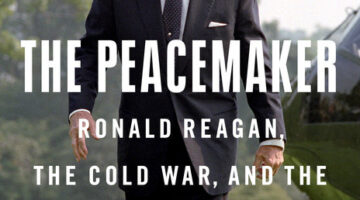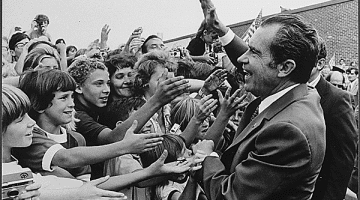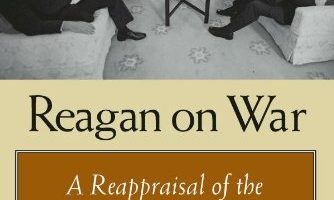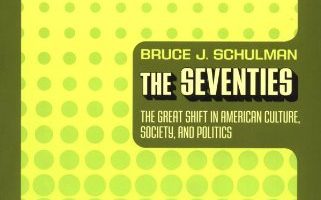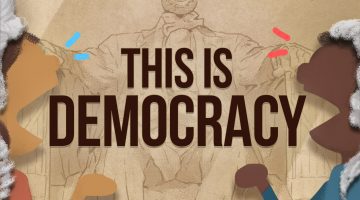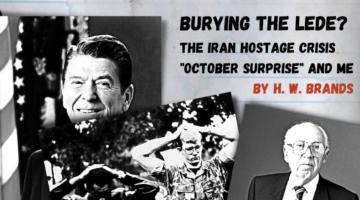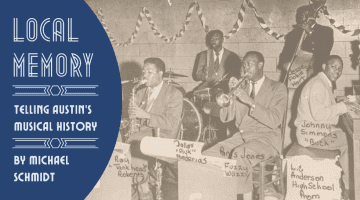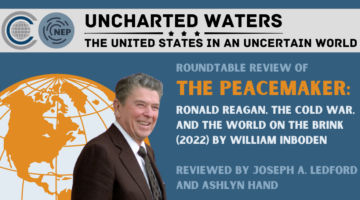
From the editors: William Inboden is the William J. Power, Jr. executive director of the Clements Center for National Security at the University of Texas at Austin. A former State Department official who served on the National Security Council under President George W. Bush, Inboden is also a distinguished scholar of international history. His most […]
